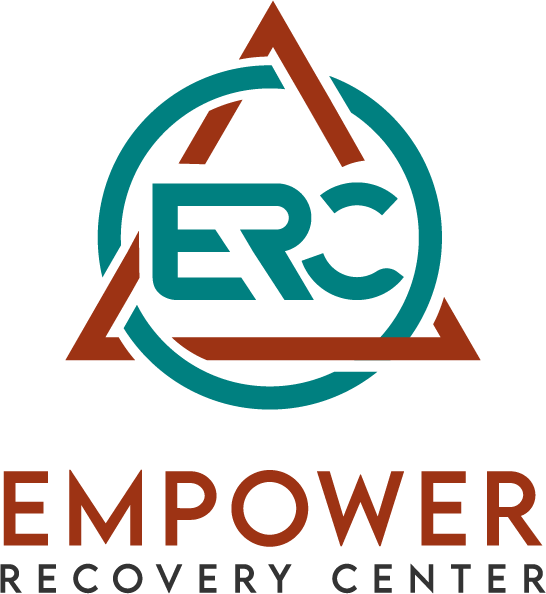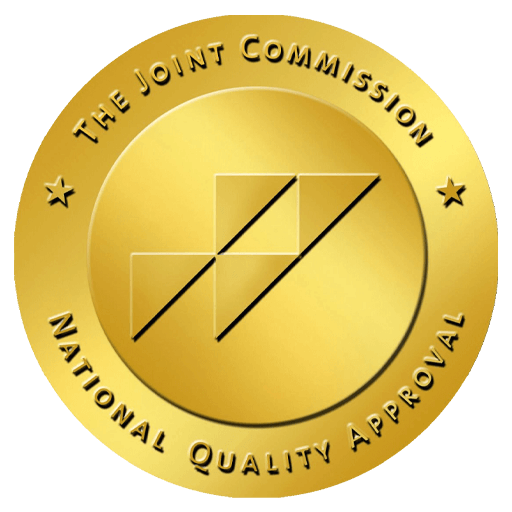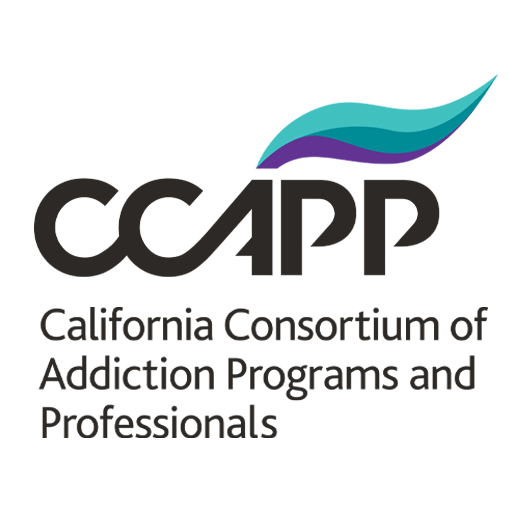What is the Failure to Launch Program?
The concept of a failure to launch program revolves around assisting young adults who struggle with transitioning into adulthood. This program typically targets individuals facing difficulties in becoming independent and self-sufficient, often due to mental health issues, lack of motivation, or addiction challenges. These programs offer a structured approach to help participants develop essential life skills and achieve personal growth, positioning them towards a successful future.
As a professional with over two decades of experience at Empower Recovery Center, I’ve witnessed how personalized interventions can significantly impact the lives of young adults. Through carefully crafted strategies, these programs aim to empower individuals, guiding them to take proactive steps in their journey towards independence.
Why Do Some Youths Struggle with Transitioning into Adulthood?
There are several reasons why young adults find it hard to transition into adulthood. Economic factors like rising tuition fees and a competitive job market can stifle their progress. On the emotional front, mental health challenges such as anxiety and depression can create additional barriers. Furthermore, dependence on parents for financial support and guidance can hinder their ability to become independent.
From my years of experience, I’ve seen that personal stories vary widely. Some young adults face an overwhelming fear of failure or disappointment. Others may battle addiction, which complicates their ability to embrace change. At Empower Recovery Center, we specialize in understanding these nuanced experiences, offering tailored interventions that help clients navigate their unique challenges.
Impact of a Failure to Launch Program
Failure to launch programs have a profound impact on participants, offering a blend of counseling, life skills training, and career planning. Programs like these can be pivotal in transforming self-doubt into self-assurance. By providing support systems, these programs facilitate mental health recovery, enabling individuals to make informed and empowered decisions.
Observing firsthand transformations has affirmed my belief in these programs’ efficacy. I remember a young man who felt trapped in a cycle of indecision. Through our program, he discovered his passion for technology and is now pursuing a successful career in IT. Such stories are testaments to the power of personalized guidance and support.
Components of a Successful Failure to Launch Program
Creating an effective failure to launch program involves a myriad of components designed to cater to various aspects of personal development. Here are some key elements:
- Counseling and Therapy: These sessions focus on addressing mental health issues, nurturing emotional intelligence, and building coping mechanisms.
- Life Skills Development: Programs teach essential skills such as budgeting, time management, and communication, which are crucial for independence.
- Career Planning and Support: Offering guidance on education and employment opportunities helps participants make informed decisions about their future paths.
- Social Integration: Building a supportive community encourages social skills and nurtures relationships that are vital for personal growth.
At Empower Recovery Center, we emphasize these components, drawing from best practices and evidence-based strategies, ensuring that each participant receives comprehensive support tailored to their needs.
What Qualifies as a Failure to Launch Program Emergency?
An emergency in a failure to launch program context refers to situations where immediate intervention is necessary to prevent harm to the participant or others. This can include acute mental health crises, severe addiction relapses, or scenarios where safety is compromised.
Here’s how we handle emergencies at Empower Recovery Center:
- Immediate Assessment: Quickly evaluate the situation to understand the severity and identify immediate needs.
- Emergency Intervention: Deploy appropriate measures, which may include hospitalization or crisis intervention specialists.
- Safety Protocols: Follow established safety protocols to ensure a controlled and safe environment for all individuals involved.
- Continued Support: After resolution, provide ongoing support to address underlying issues and prevent future emergencies.
Our team is trained to act swiftly, ensuring a balanced approach between immediate action and long-term strategies for recovery.
My Personal Experience with Failure to Launch Programs
Working at Empower Recovery Center has allowed me to witness countless transformations. I remember a young woman who arrived at our facility, burdened by societal expectations and familial pressures. Through our program, she found the courage to pursue her passion for art, eventually opening her own gallery. Her journey underscored the importance of personalized care in nurturing one’s potential.
Such experiences highlight the necessity of a supportive environment that encourages exploration and growth. The failure to launch program doesn’t just guide individuals towards independence; it empowers them to redefine what success means on their terms.
Each client’s journey is unique, and by embracing their individuality, we can guide them on a path that resonates with their aspirations and dreams.








